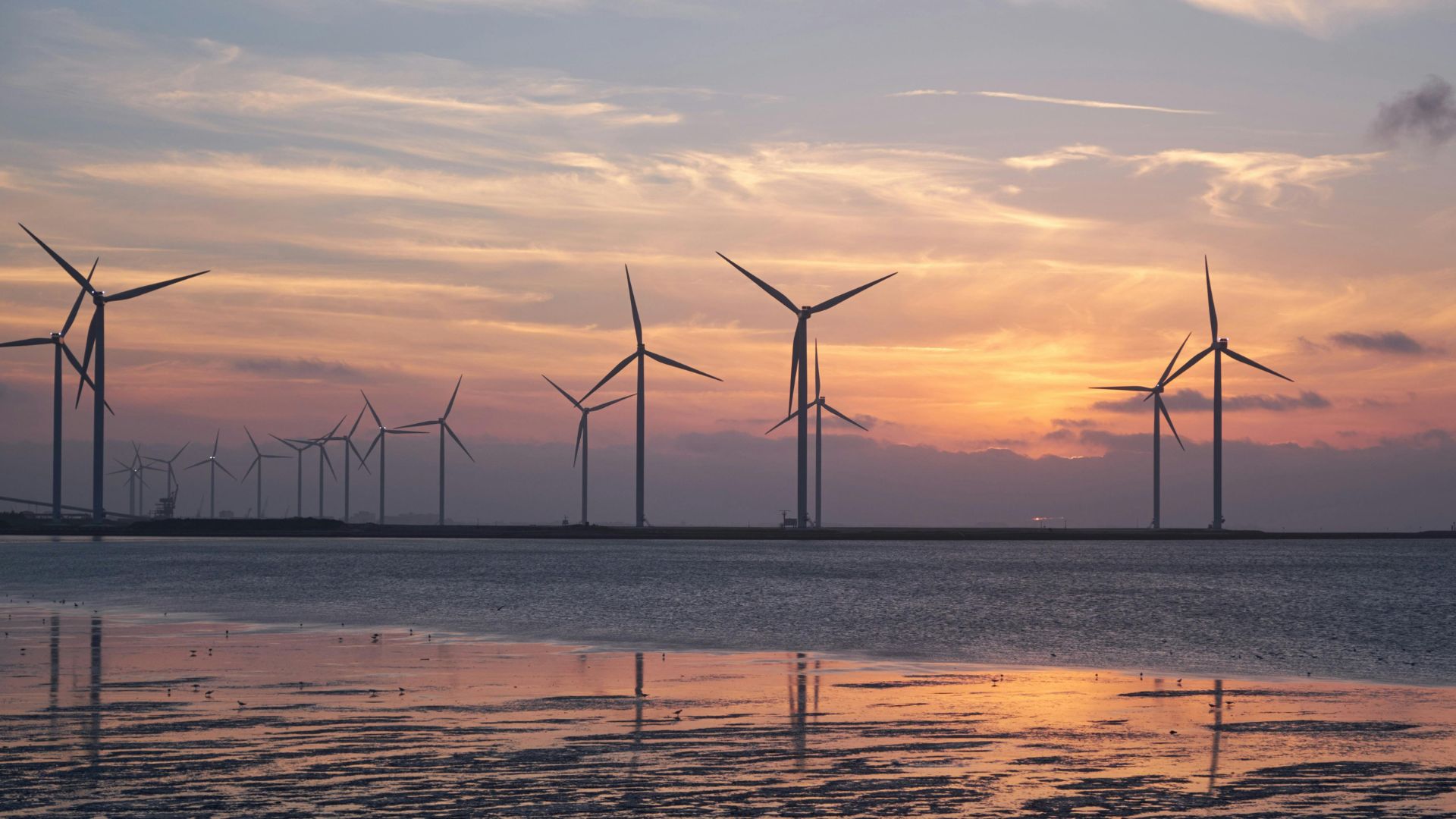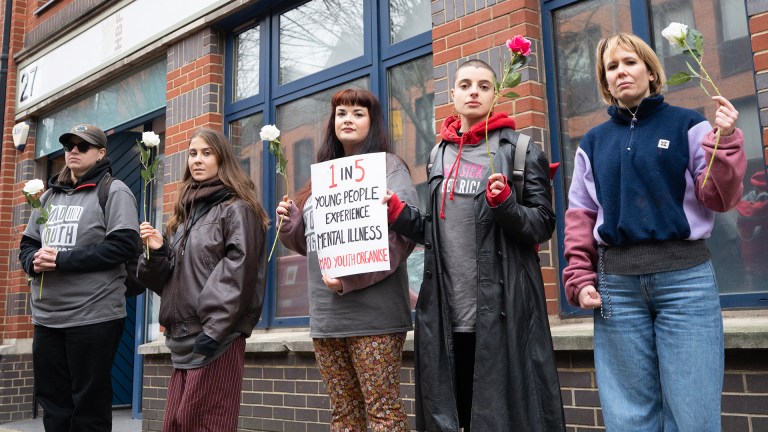Hitting net zero emissions by 2050 is not just a political commitment, it is a legal necessity. Progress toward the goal has been reasonably successful so far, with the UK emitting half as much carbon dioxide today as we did in 1990. However, that success has largely been driven behind the scenes, for instance, through changes to the energy mix and how electricity is produced. The current phase of decarbonisation is different and harder, relying much more on the public to make changes to their lifestyles, and the pace of change has been correspondingly slower and behind target. 20% of the UK’s carbon emissions come from homes, and most of that comes from heating.
People want net zero, but they don’t want to do the things needed to achieve that goal.
It’s not that the British public are climate sceptics. Countless pieces of research, including the Social Market Foundation’s recent report, have found strong support for the net zero target. Our research also found that the majority of homeowners (60%) believe that as a society, we need to move to low carbon heating.
But talk is cheap, and people feel less positive about actually taking action. Our polling found that decarbonising heat is not seen as a net zero priority, with only a minority thinking it should be a top priority for helping government to reach net zero. Only 46% of people think they should do their part by having low carbon heating, such as a heat pump, installed in their home.
One diagnosis is that ordinary people are alienated from net zero. They don’t feel as if they are part of the transition. Rather, it is something happening around them and to them, rather than with them and they don’t fully understand why they are being asked to change their behaviour. Only 13% of people think the government has done a good job of engaging the public on the topic of the transition, with just a further 6% thinking they have done an excellent job.
- Doomism about climate change is a privilege we can’t afford
- Growth and jobs or a net zero nightmare? Why there’s so much opposition to Heathrow’s third runway
- There’s reasons to be hopeful about tackling climate change in 2025
In other countries, a similar conflict between ideals and practice has resulted in strong pushbacks against climate policies.









